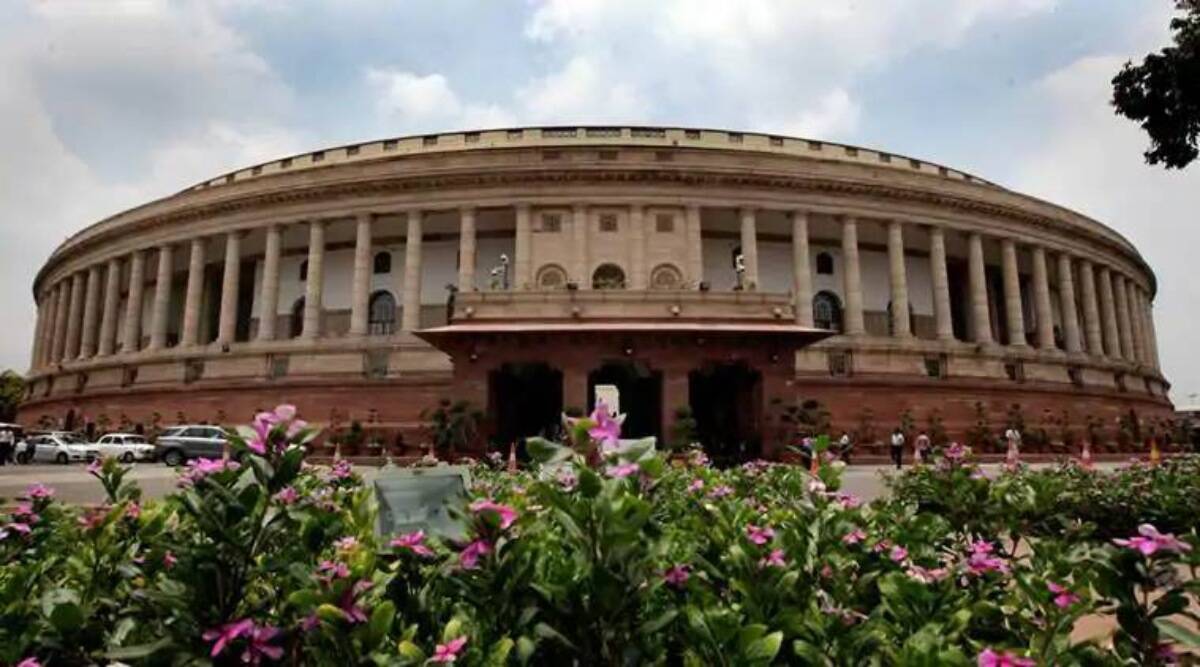News Highlight
Congress Leader’s disqualification as Lok Sabha MP after conviction.
Key Takeaway
- The disqualification of the Congress Leader comes a day after he was sentenced to two years in prison in a slander case.
- Furthermore, it initiates the process of his disqualification as an MP.
Disqualification of a Member of Parliament
- A person shall be disqualified from being elected as a Member of Parliament if he or she:
- If he occupies a lucrative position in the federal or state government (except that of a minister or any other office exempted by Parliament).
- If a court of law finds him to be mentally ill.
- If he is bankrupt and has not been discharged.
- If he is not an Indian citizen, has knowingly taken another country’s citizenship, or has vowed allegiance to another country.
- If he is prohibited from doing so by a Parliamentary act.
The Representation of the People Act, 1951
- Disqualification on Imprisonment
- Firstly, the Representation of the People Act of 1951 states that a person is disqualified if convicted and sentenced to two years or more in jail.
- The person is ineligible for the duration of incarceration and another six years.
- Exception for sitting members
- There is an exemption for sitting members; they have three months from the date of conviction to file an appeal.
- The disqualification will be in effect until the appeal is resolved.
Defamation
- About
- Defamation is spreading false claims about another person that harms that person’s reputation when seen through the eyes of an ordinary man.
- Defamation is defined as any false and unprivileged remark published or spoken intentionally with the intent to harm someone’s reputation.
- Additionally, defamation has a long history in Roman and German law.
- In Roman times, abusive chanting was punishable by death.
- Defamation Law in India
- Firstly, Article 19 of the Constitution guarantees citizens the right to free expression.
- However, certain legitimate exceptions to this freedom have been established by Article 19(2), including;
- Contempt of court
- Defamation
- Incitement to an offence.
- Defamation in India can be a civil wrong and a criminal infraction, depending on the goal pursued.
- A civil wrong is redressed through monetary recompense, whereas a criminal law tries to punish a wrongdoer.
- In addition, it sends a message to others not to do such acts through incarceration.
- Defamation must be proven beyond a reasonable doubt in a criminal offence.
- Furthermore, damages can be granted based on probabilities in a civil defamation complaint.
What Happens if an MP is Convicted?
- If the offence for which he is convicted is included in Section 8(1) of the Representation of the People (RPA) Act of 1951, the conviction may disqualify an MP.
- This section includes;
- Section 153A
- Promoting enmity between different groups based on religion, race, place of birth, residence, language, etc.
- Doing acts prejudicial to the maintenance of harmony
- Section 171E
- Bribery
- Section 171F
- Undue influence or personation at an election.
- Section 153A
- According to Section 8(3) of the RPA, an MP can be disqualified if convicted and sentenced to at least two years.
Conclusion
- Deliberate acts of defamation are likewise punishable by imprisonment, as is defaming someone with malevolent intent.
- The defamation law is likewise constitutional and reasonably limits free speech and expression.
- Nonetheless, it is not defamation if the acts fall under the exceptions provided.
- Furthermore, there have been several cases of defamation over the seventy-one years of independence, and the court has analysed each case with great care, and they serve as precedents.
Pic Courtesy: Indian Express
Content Source: Indian Express



